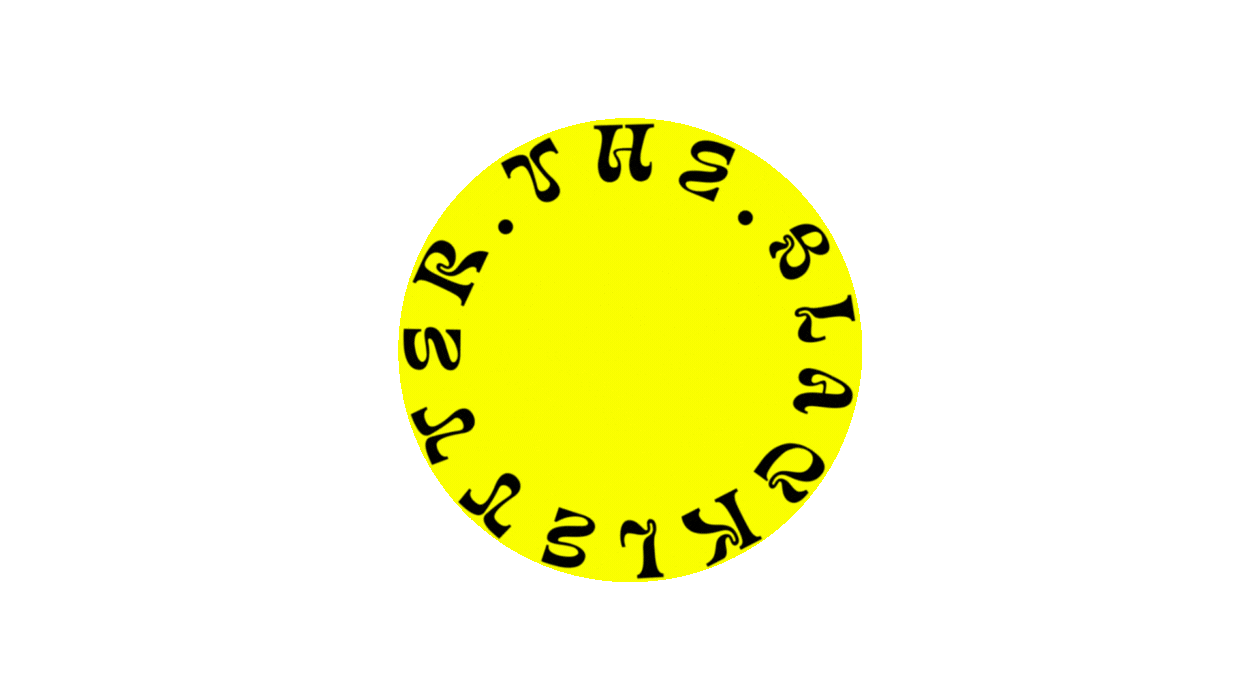Decoding "The Angry Black Woman": Racism & Black Female Rage
“To be a Negro in this country and to be relatively conscious is to be in a rage almost all the time.”
— James Baldwin
Approximately five years ago, I spoke with a friend about my anger and how I wished to channel it into meaningful action. At the time, I was not fully aware that my rage was already a constructive, healthy, and positive feeling.
Growing up, my entire being has always been an issue: Too tall, too loud, too manly, too seductive, too real, too angry, too aware, and too Black.
My friends, family members, and coworkers have always criticized me telling me I should express myself less like this and more like that. I was always expected to put others at ease at my own expense.
Interestingly, I cannot recall a moment where I’ve allowed myself to verbalize these frustrations to those same friends, family members, or colleagues. Yet, I’ve come to realize that what matters most is not how you speak, but rather who is speaking.
Depending on your ethnicity, gender, and social status, people will listen to you differently, projecting assumed emotions onto your words. If you express the same point in the same tone as your white or non-Black counterparts, as a Black woman, you will be labeled as aggressive.
The dominant caste is consistently heard and can even claim to speak for the voiceless, while the actual voices of the marginalized are disregarded. Why? Because of semantics, vocabulary, or tone? Give me a break.
“There’s really no such thing as ‘the voiceless.’ There are only the deliberately silenced, or the preferably unheard.”
— Arundhati Roy
Last night, someone asked me to rephrase my thoughts because they sounded too angry. In that moment, I recognized the political relationship between anger and white supremacy. Any voice resisting oppression is frequently accused of aggression. Disrupting white supremacy is labeled as inappropriateor oppressive and therefore, aggressive.
To be heard, I must conform to certain semantics and vocabulary; otherwise, my message is stifled. My friend was unaware of how accusations of anger have historically been weaponized against Black and Brown communities to silence them. Anger has long been a tool of resistance against white supremacy and patriarchy.
I was surprised and saddened to feel the need to code-switch even within my private circle. Respectability politics is a destructive coping mechanism, born from years of exploitation. It creates toxic environments within marginalized communities, reinforcing further marginalization.
I also sense a troubling philosophy promoted by self-proclaimed “Black Excellence” a desire to police and correct “bad” Blacks who refuse to conform. It mirrors the dynamics of slavery, where Black overseers enforced white supremacy in exchange for better treatment.
“I figured it out too late. You gotta learn to hide the anger, practice smiling in the mirror. It’s like putting on a mask.”
— Joseph Gordon-Levitt, The Dark Knight Rises
W.E.B. Du Bois wrote of “two-ness” being both American and Negro, two souls in one body, struggling to reconcile conflicting identities. Harmful stereotypes persist, portraying enslaved people as happy in bondage and enslaved women as willing mistresses rather than rape victims. The myth of the “happy slave” reinforces white supremacy, suggesting Black people are naturally submissive.
For centuries, our silence has been mistaken for compliance. Those who dare to express rage are labeled aggressive or “evil Negroes.” Even within our own communities, respectability politics divides us, pressuring us to soften our voices to appease oppressive systems.
Speaking in “acceptable” terms aligns with Rudyard Kipling’s “The White Man’s Burden” the false belief that playing by the rules of a corrupt system will earn better treatment. But this only creates schisms among marginalized groups, forcing odd alliances with the dominant caste.
Because of these outdated and sexist stereotypes, I am expected to educate others without offending them. I must code-switch in private conversations, tiptoe around topics, and make everyone comfortable at my expense. That is the role assigned to Black women.
“Women in general aren’t supposed to be angry. Women are expected to smile, swallow our feelings, and be self-sacrificial. Bossy is ugly, and of course, the worst thing a woman could ever be is ugly. As Black women, our Blackness already situates us further along the ugliness scale. God forbid we be fat.”
— Reni Eddo-Lodge, Why I’m No Longer Talking to White People About Race
Yet, I have learned to voice my anger—because anger is power. It is the emotion of revolution. Honest, unfiltered expression is an act of resistance against domination. They fear us when we are angry, awake, and fearless.
Every time I speak, I reject respectability politics and white middle-class civility. The “Angry Black Woman” trope is a tool to obscure structural oppression. Anger is a loaded term—but we must not fear it.
